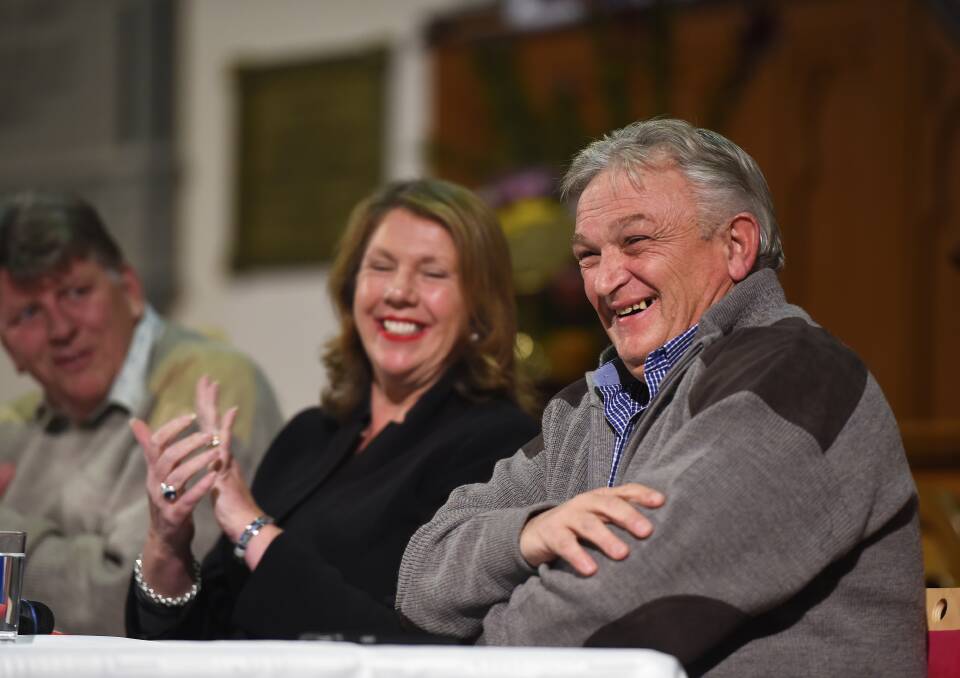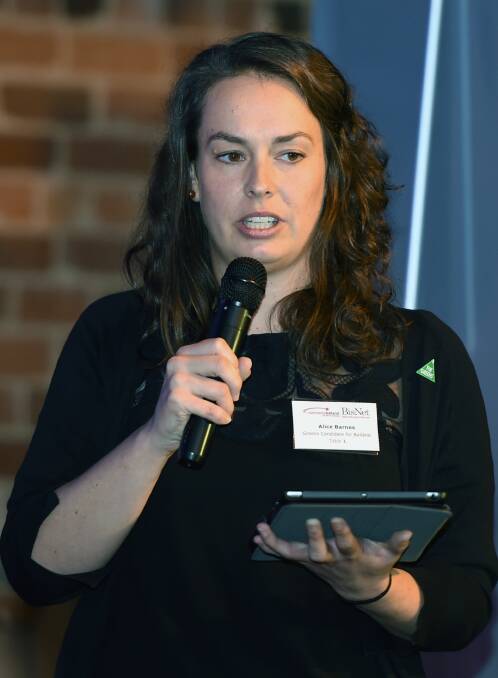
The minor parties could be much more than preference sources for the majors this time.
Subscribe now for unlimited access.
$0/
(min cost $0)
or signup to continue reading
The National Party had not run a candidate since the 1987 election (in which John Boland received 12 per cent of the vote), and in Paul Tatchell it has a candidate sure to draw votes from Bacchus Marsh and Ballan, and any voters impressed by his disdain for party politics.
Mr Tatchell has said he had hoped to bring light to ideas not already in the political arena for Ballarat, like looking at expanding towards Bungaree instead of continually to the west and issues around peri-urban development at the other end of the electorate.

Both Mr Tatchell and Greens candidate Alice Barnes have pushed for more transport funding and a national redress scheme for survivors of child sex abuse.
Ms Barnes, who received 10 per cent of the vote in the state election for Wendouree in 2014, said this week she was disappointed at one issue missing from the national debate.
“It really does worry me that climate change hasn’t played a bigger role in the campaign,” she said.
“It’s now or never. The longer it takes us to tackle it (the worse it will get).”
If both Mr Tatchell and Ms Barnes get more than 10 per cent of the vote, there could be a real impact on Catherine King and Sarah Wade’s two-party-preferred vote.
The micro-party candidates have also been highly visible out on the hustings.
Dianne Colbert from the Australian Christians has been a mainstay at pre-poll and independent Bren Eckel has worked hard to get out his mental health message.
Follow Saturday’s election results at thecourier.com.au from 6pm with crosses to the local party events and analysis of where our race was won and lost.


